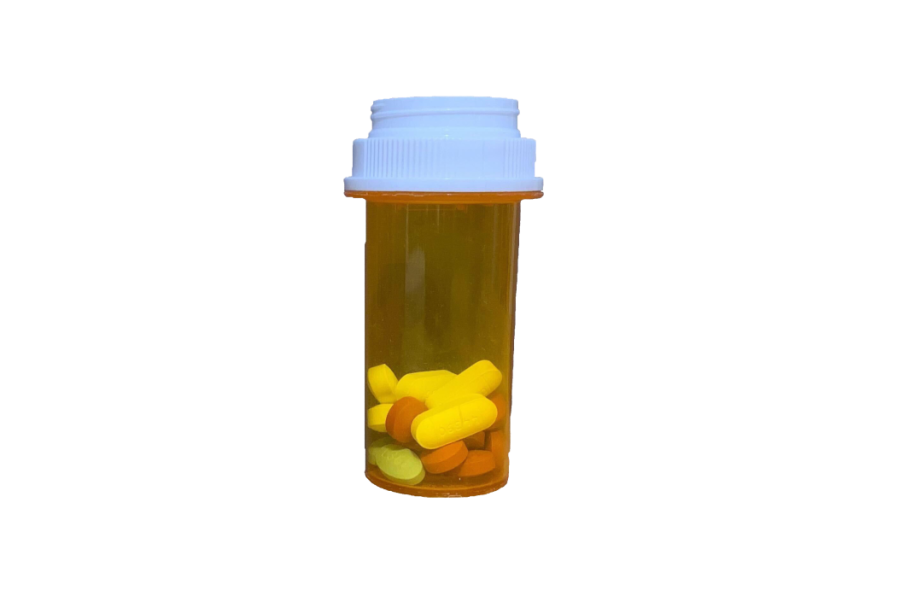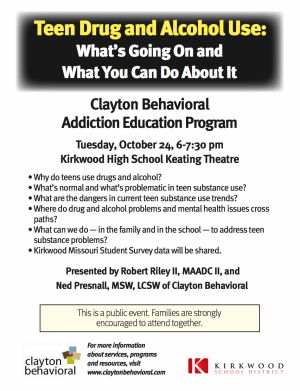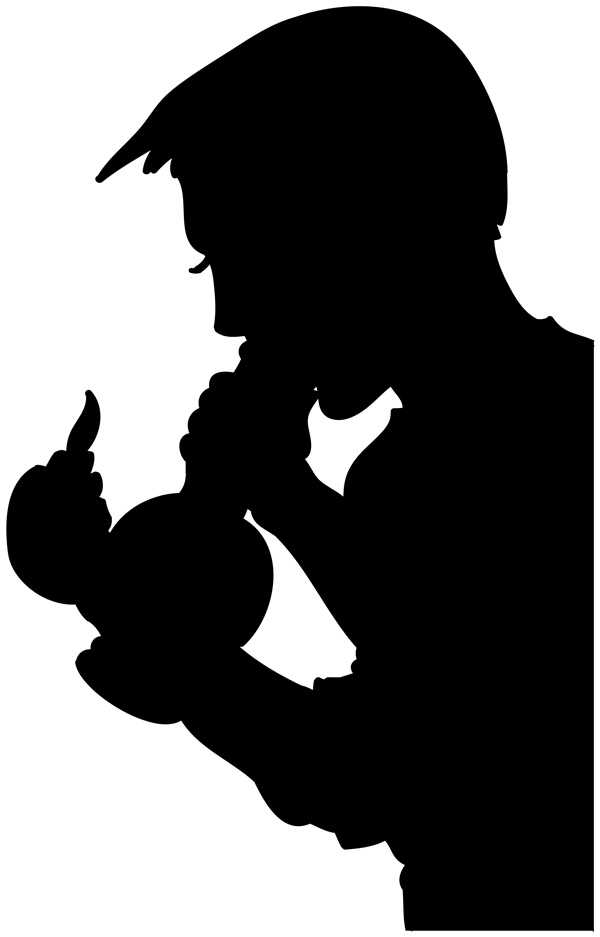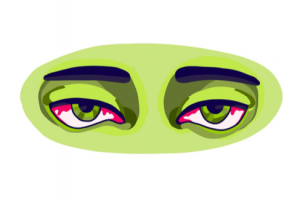A big first step
According to Sarah Esslinger, KHS counselor, students who come into the KHS counseling office for drug use often have other issues intertwined.
This story discusses topics that may be difficult for some readers, including substance abuse and addiction. If you are struggling with addiction, contact a counselor or call the SAMHSA hotline at 1-800-662-HELP (4357)
*Names have been changed for anonymity
When Jack Doe* was in sixth grade, he traced his handprint on bright construction paper, signed his name and “dared” to resist drugs. By the time he was in eighth grade, he regularly smoked, drank and vaped. At first he may have lit up to relax, but it eventually became a must-have solution to his problems. Doe is now a senior at KHS.
“Mainly, it was to mask a lot of my depression and hide it in a way,” Doe said. “I felt like an outlier, so I’d drink or smoke to try and feel included [with my friends]. It was to try and make myself feel normal.”
Doe said he started smoking after his friends and ex-girlfriends began using weed. It became a constant routine, and his drug usage escalated once he reached high school. The awkward transition from middle school to high school made the issue worse, Doe said.
“Freshman year, a lot of people I used to hang out with began hanging out with upperclassmen I didn’t [get along] with. I ended up feeling alone,” Doe said. “When I was alone, I hated it, so I would use drugs to pass the time.”
Doe used drugs as a coping mechanism, but there’s more than one reason why students try drugs. James Williams*, junior, said he first tried marijuana to have fun while at an outpatient facility for mental health. This wasn’t his first experience with drugs – Williams was in rehabilitation following an attempted suicide overdose his freshman year.
“I realized instantly that being high was about more than relaxing,” Williams said. “I stopped getting high to have fun and started getting high to try and feel better.”
What started as an occasional puff turned into a reliance on weed, he said. Williams became what he calls “a zombie.” As his tolerance increased, Williams’ highs didn’t have the same effect as before.
“Eventually, weed wasn’t good enough at numbing emotions, so I decided to take other drugs,” Williams said. “If I’d never tried smoking, I wouldn’t have chased the high with harder substances. I didn’t know [my drug usage] would become so extreme.”
Doe doesn’t talk with his old friend group anymore. After rehab, he said he decided to distance himself and find new friends. Williams also said he found a couple trusted friends that have helped support him through his journey to recovery.
“I have two close friends that also go to Kirkwood,” Williams said. “They’ve helped a lot and gently pushed me toward professional help. Whenever I want to get high or relapse, I talk to them to find a healthier way to cope.”
Both students said they relied on drugs to manage their anxiety and depression. This is true for a majority of student drug users, according to Sarah Esslinger, KHS counselor.
“Drug use is brought up in conversations in the counseling office a decent amount,” Esslinger said. “Rarely does a student come in to talk solely about drug use, in my experience. It’s usually weaved into more complicated struggles or problems that they’re dealing with.”
Williams said the hardest part of recovery is opening up to someone, and that talking to his mother about his drug usage was scary. He said she’s now his biggest support, making him homemade sobriety chips to celebrate his milestones. Williams, Doe and Esslinger agree speaking up is one of the most important steps to take.
“If you’re aware drug addiction is a problem with you, talk to someone about it, even if it’s just a little text,” Doe said. “Drug addiction and depression are similar like that– reaching out to other people helps. It was probably the smartest thing I did.”
Your donation will support the student journalists of Kirkwood High School. Your contribution will allow us to purchase equipment and cover our annual website hosting costs.
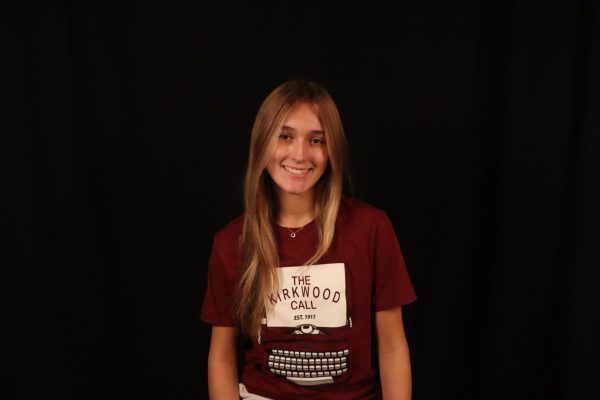
She/Her
Hobbies and Interests: lacrosse, shopping, Taylor Swift, reading
Favorite movie: 10 Things I Hate About You
Favorite Quote: "I love...
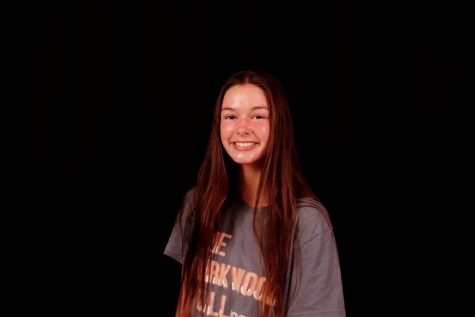
she/her
Hobbies and Interests: playing volleyball and lacrosse
Favorite Song: "Up" by Cardi B
Favorite Quote: "Fear is temporary, regret is forever."


